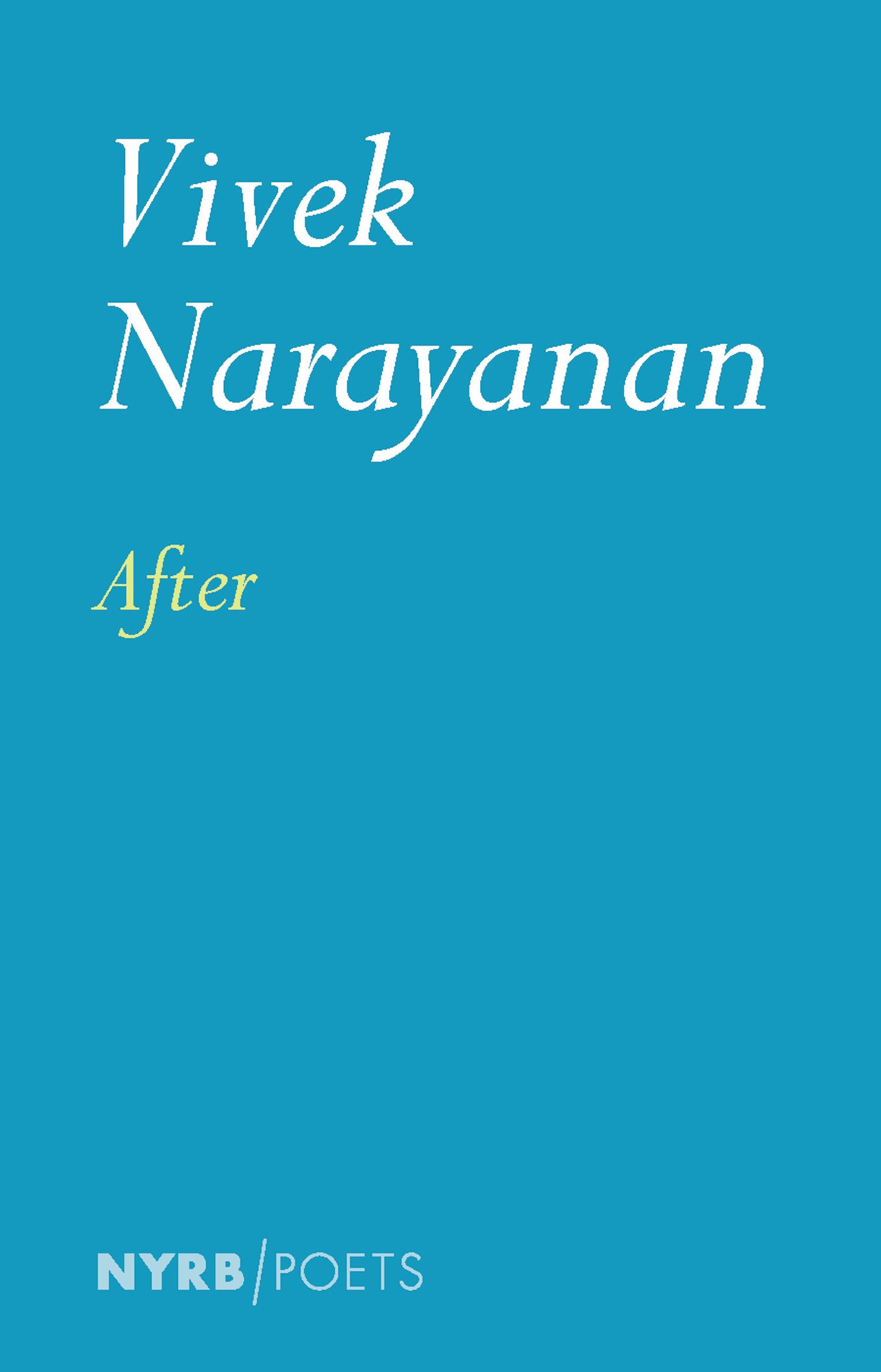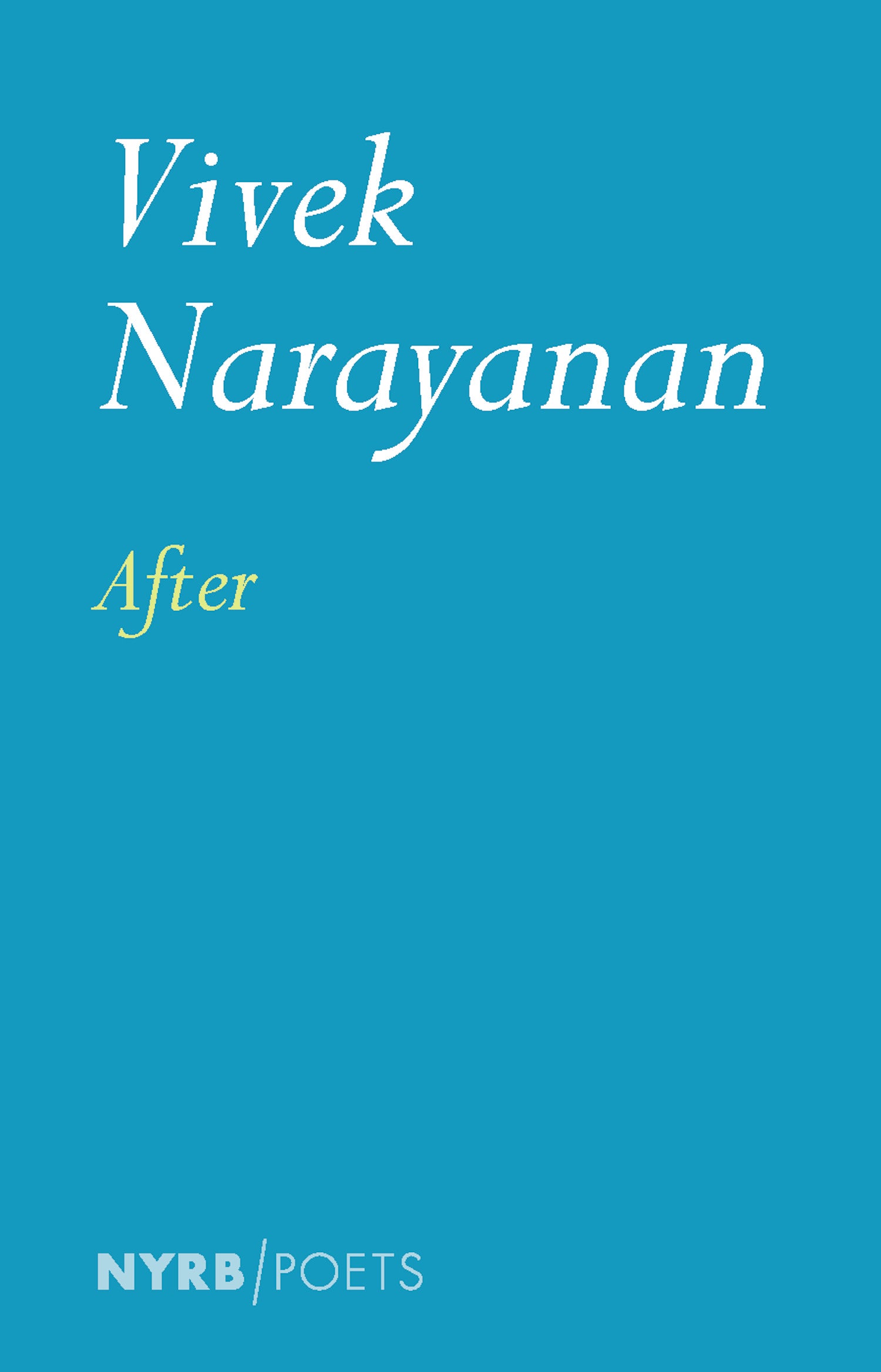A beautifully produced book, the illustrations blend with the narrative. . . . he has produced a work that will find an enduring place in the bookshelf. It is a true labour of love.
—Manohar Shetty
Wildly ambitious book. . . . After is a grand literary experiment. . . .Across 600-plus challenging and deeply rewarding pages, Narayanan teases out subcutaneous layers of meaning, psychological depth and cultural commentary from Valmiki’s epic.
—Aditya Mani Jha, Frontline
It is a story cycle with old and new lives existing in parallel. Vivek Narayanan’s genius wrestles with all these lives to create a masterpiece pulsing with blood, whose origins reveal the remarkable interconnectedness of our cultural DNA as humans. . . .it stands as a cosmopolitan yet rooted, act of inspiration.
—Leeya Mehta, Plume
In the centenary year of The Waste Land and Ulysses, the book that has absorbed and excited me most is one that extends the tradition of projecting epic into the cinema of modernity. Vivek Narayanan’s After (NYRB Poets), the inspired labour of a decade, derives more than 500 pages of new poems in English from the Sanskrit of Valmiki’s Ramayana. Working a free verse line as fine and tight as wire, Narayanan taps narrative for lyric electricity, all the while keeping the scaffolding of the story cycle – and the city of scholarship that surrounds it – in view with his generous notes.
— Jeremy Noel-Todd, "Favorite Books of the Year," TLS
A collection of leaping, fierce poems that move in several directions, leaving the reader besieged and dazzled in equal measure.
—Tishani Doshi, Poetry Review
I was drawn in by rhythms and images that allowed this work to take flight
—Layla Benitez-James, Harriet (Poetry Foundation blog)
After is as multitudinous as the Sanskrit Ramayana, the text it is after (in both senses of the word), the text it follows (in both senses of the word). It is a conception in English of Valmiki’s great poem, a reflection of it, a concretion of it, a refraction of it, both an acceptance and a passionate refusal of it, a sometimes tender, sometimes violent embrace, a resurrection, an imprisonment, a liberation of it, and, always, an act of profoundly learned, current, and imaginative reverence. The only thing more amazing than Narayanan’s ambition is his realization of that ambition.
—Vijay Seshadri
Vivek Narayanan, one of the most distinguished Indian poets of today, has with this remarkable book drawn upon an Indian heroic song of the late Bronze Age, Rāmāyana, and transferred the ancient virtues and poetic being of that epic to the twenty-first century. . . . this poem of Narayanan has great political force for a modern and activist readership, both Asian and Western. . . . [a] tour de force, radicalizing our apprehension of beauty.
—Kevin McGrath, Harvard Review
A fantastic adventure story and a threnody on the sadness of power, the Ramayana has been multiplying across languages and formal boundaries for more than two millennia. And now it has taken a new shape in Vivek Narayanan’s formidable English: Rama, Sita, Lakshmana, Ravana flash across these floodlit pages. Ancient and contemporary India fracture and recompose in this timeless epic of sorrow, violence, betrayal, and longing, as if the poet Valmiki foresaw, centuries ago, that he would chant again in Narayanan’s voice.
—Rosanna Warren






